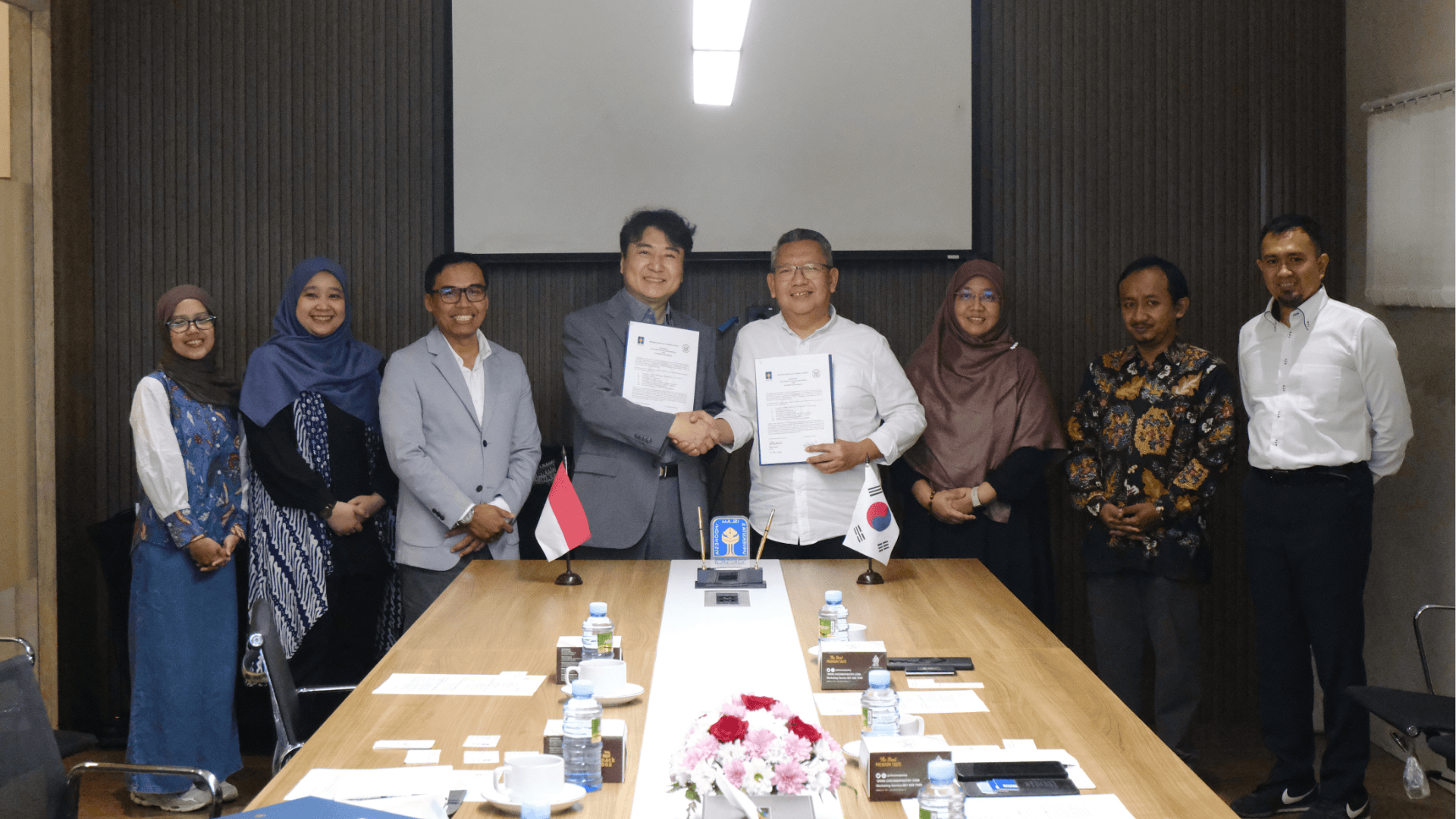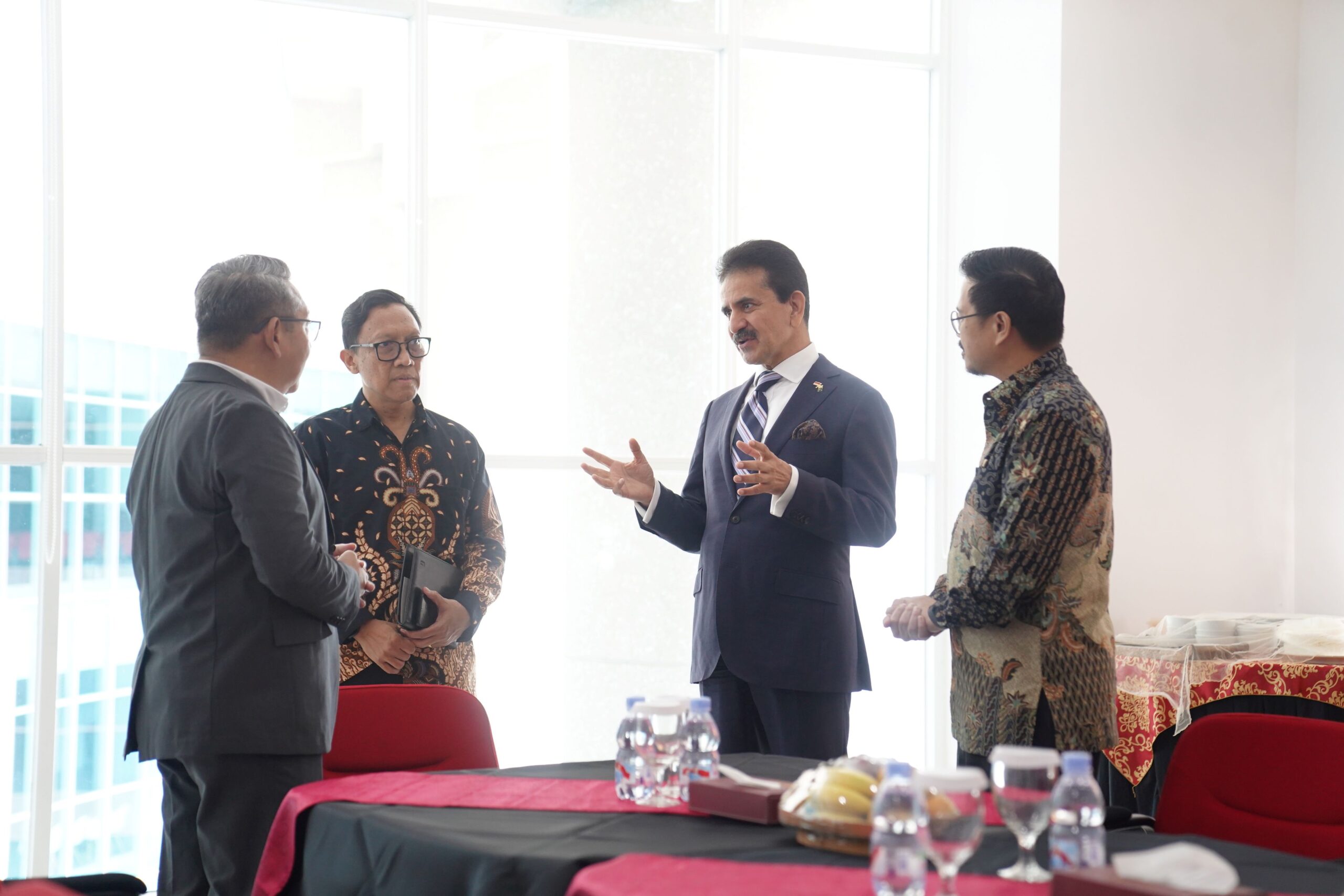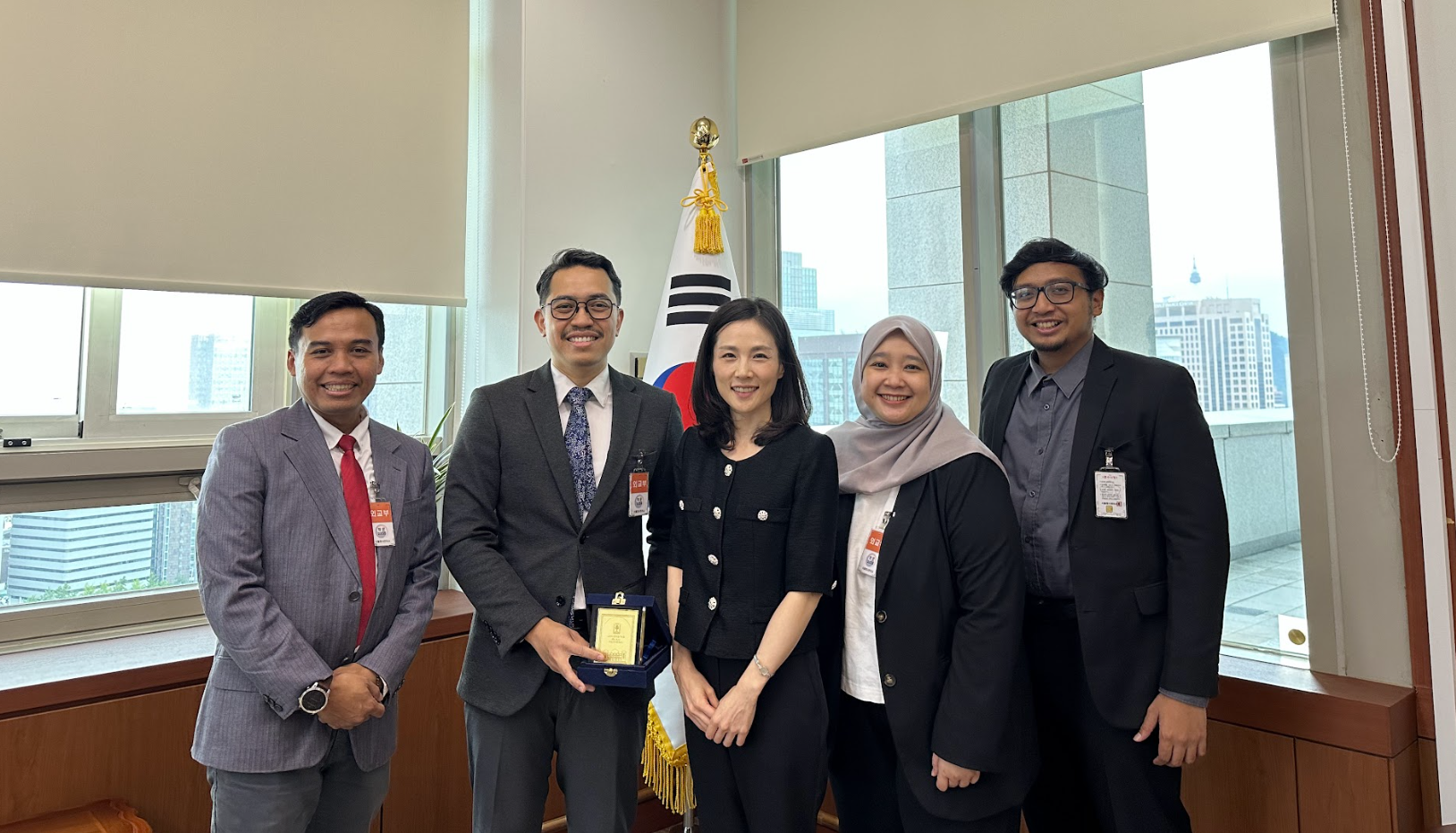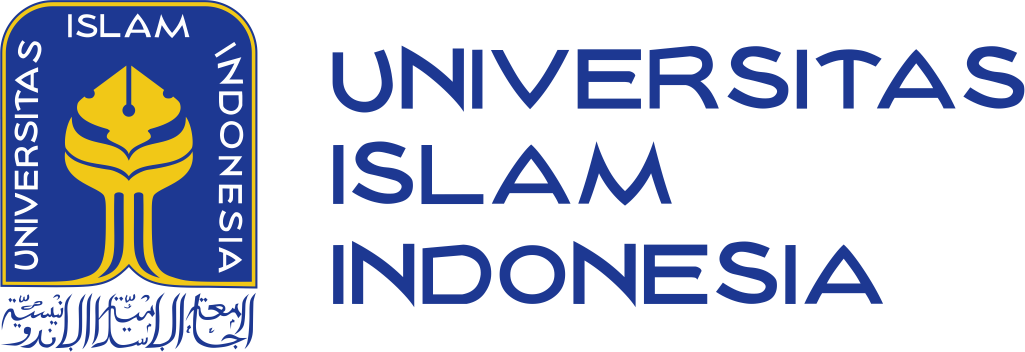Understanding the Role of Istanbul Policy Center as a Turkish Think Tank
Written by Ghina Anfasa
At the end of 2024, in September, I had the incredible opportunity to research the world of think tanks in Turkey, specifically in Istanbul. I didn’t fully understand how much influence it could have. I started to learn about the IPC and what I found was inspiring, it caught my attention not only because of its impressive achievements but also the stories behind its mission and impact. The Istanbul Policy Center was founded in 2001 and has grown into a global force driving change. It may look like an ordinary research centre from the outside, but inside, it’s an environment brimming with ideas that aim to shape the future.
Discovering the Istanbul Policy Center
During my research, I found that the Istanbul Policy Center focuses on the world’s biggest challenges, from democratisation to urbanization, and conflict resolution. What impressed me the most was how their work is not just theoretical, everything is geared towards creating real solutions. As I delved deeper into the work of the Istanbul Policy Center (IPC), I was impressed with the way they have divided their research focus into six highly structured clusters.
First, there is the Istanbul Policy Center-Sabanci University-Stiftung Mercator Initiative. This cluster focuses on democratisation and institutional reform. Next, there is the truly innovative Climate Change Cluster. Imagine, this team designed a detailed roadmap for decarbonization in critical sectors such as steel and electricity.

Picture 1.1 The Welcoming of the 2024/25 Mercator-IPC Fellows was held on October 7th at The Seed, Sakıp Sabancı Museum with the keynote speech “How Technofeudalism is Reshaping Societies, Economies, and Geopolitics” by 2024 Mercator-IPC Visiting Senior Fellow Yanis Varoufakis. Source: linkedin.com/company/istanbul-policy-center-istanbul-politikalar-merkezi/
The third cluster also emphasises democratisation and institutional reform but with a more in-depth approach. They delve deeper into the political transformation taking place in Turkey as if using a magnifying glass to understand each change that is shaping the country’s governance. One of the most interesting for me was the SHURA Energy Transition Center. This cluster is dedicated to helping Turkey translate to renewable energy more seamlessly and sustainably. They are trying to answer the big question: How we do reduce carbon emissions? How do we introduce renewable energy without disrupting people’s lives?
Urbanization is also in the spotlight of the IPC. Through the Urbanization and Local Governance Cluster, they explore how cities grow and develop. Finally, there is the conflict resolution, mediation and coexistence cluster. This cluster is very promising, they work to promote peace through dialogue and mediation, creating an environment where different groups can live together in harmony.
IPC Contributions to Global Governance
When discussing the Istanbul Policy Center, it is hard not to see its connection to the concept of global governance. In today’s world, challenges such as climate change, economic inequality and political instability cross national boundaries. No single country can solve them alone. This is where global governance comes into play- a collaborative where states, INGO, and non-state actors, such as the IPC, work together to find solutions.
One of the IPC’s greatest achievements came from its climate change cluster. In 2019, SHURA launched a landmark report titled “Transportation Sector Transformation: Integration of Electric Vehicles into Turkey’s Distribution Network.” The report showed that by 2030, Turkey could accommodate 2.5 million EVs in its distribution network without major investments or significant disruption of operations.

Picture 1.2 The Istanbul Energy Forum’s “Prospects for New Technologies and Fuels in Smart Energy Transformation” Source: linkedin.com/company/shuraedm/
IPC’s influence is not just limited to climate change. This team took on a big challenge, they are finding real solutions to tackle climate change. Their focus was on designing decarbonization pathways for critical sectors such as steel and electricity. Essentially, they helped Turkey build the foundation for an ambitious but realistic climate agenda- a roadmap for a greener future.
But what really makes the IPC special is its role as a non-state actor. Unlike governments, institutions like the IPC are not bound by politics or bureaucracy. They can act independently, driven by research, evidence, and a vision for change. The IPC embodies this independence by using its expertise to tackle complex transnational issues, such as urban development and energy transition. That’s why IPC is perceived as a credible voice in global governance discussions.
References
Euromesco.net. (n.d.). IPC – Istanbul Policy Center. EuroMeSCo. Retrieved January 1, 2025, from https://www.euromesco.net/institute/ipc-istanbul-policy-center/
Ipc.sabanciuniv.edu. (n.d.). DECARBONIZATION OF THE TURKISH STEEL SECTOR PROJECT. Istanbul Policy Center. Retrieved January 02, 2025, from https://ipc.sabanciuniv.edu/en/decarbonization-of-the-turkish-steel-sector-project
Ipc.sabanciuniv.edu. (n.d.). Istanbul Policy Center. İstanbul Politikalar Merkezi. Retrieved January 1, 2025, from https://ipc.sabanciuniv.edu/en/istanbul-policy-center
Shura.org. (2024, July 10). Transportation Sector Transformation: Integrating Electric Vehicles Into Türkiye’s Distribution Grids. SHURA Energy Transition Center. Retrieved January 02, 2025, from https://shura.org.tr/en/https-shura-org-tr-en-transportation-sector-transformation-integrating-electric-vehicles-into-turkiyes-distribution-grids/






